|
Ship-based hydrography remains the only method for obtaining high-quality, high spatial and vertical resolution measurements of a suite of physical, chemical, and biological parameters over the full water column on a global scale. Only ship-based hydrography can document ocean changes throughout the water column, including the deep ocean below 2 km (52% of global ocean volume not sampled by profiling floats). This is especially true for carbon-cycle parameters which are not routinely sampled on profiling floats due to instrumental obstacles that still need to be overcome. In 2007 the IOCCP and CLIVAR communities established the Global Ocean Ship-based Hydrographic Investigations Program (GO-SHIP) to develop a strategy and establish a set of criteria for a globally coordinated network of repeat coast-to-coast hydrographic sections.
Biogeochemical-Argo aims at developing a global network of biogeochemical sensors on Argo profiling floats. The concept of global robotic biogeochemical measurements was articulated in a Community White Paper (Gruber et al., 2007) that was supported by IOCCP and the US Ocean Carbon and Biogeochemistry Program (US-OCB). Through the work of subsequent scoping workshops, working groups and resulting white papers, recommendations for implementation of integrated deployments of larger numbers of profiling floats with biogeochemical sensors were put forward. Biogeochemical-Argo is poised to address a number of grand challenges in ocean science and in the management of ocean and global resources. Its development, as described in the Implementation Plan, will compliment ship-based observations and further our capacity to study biogeochemical phenomena related to ocean carbon uptake, oxygen minimum zones, inorganic nutrient cycling, ocean acidification and export fluxes.
|
ship-based observations Responsible SSG Member
autonomous observations Responsible SSG Member (Vacant)
INORGANIC CARBON EOV
|
||||
Opportunities for Collaboration
This section is where we try to list opportunities as well as instrumental and personnel needs in connection with planned hydrographic cruises around the globe, as advertised by our community. These opportunities may refer to planned GO-SHIP repeat hydrography cruises or to other hydrographic efforts. Please see the list of current opportunities and needs below. If you'd like to add to the list, please send an email to the IOCCP Office at This email address is being protected from spambots. You need JavaScript enabled to view it..
POGO Calls for Shipboard Fellowship
|
|||||
GO-SHIP Reference Lines of 2012-2023 Survey
Biogeochemical Argo network status

|
STATUS and PLANS FOR REpeat sections Status map of GO-SHIP reference sections for the 2012 - 2023 Survey
GO_SHIP global cruise plan - updated in December 2020
Data and Information
Manuals and guides GO-SHIP Repeat Hydrography Manual: A collection of Expert Reports and Guidelines
|
RELATED PROGRAMS U.S CO2/Repeat Hydrography Program
RELATED WORKSHOPS GAIC 2015: "Sustained ocean observing for the next decade," a combined GO-SHIP/Argo/IOCCP conference on physical and biogeochemical measurements of the water column 14-18 September 2015 - Galway, Ireland Meeting website: http://www.gaic2015.org/
|
||||||



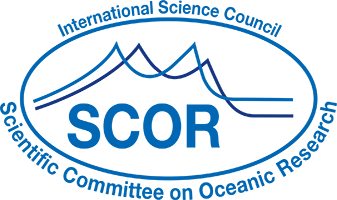

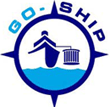
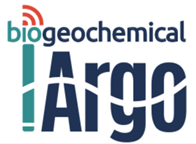
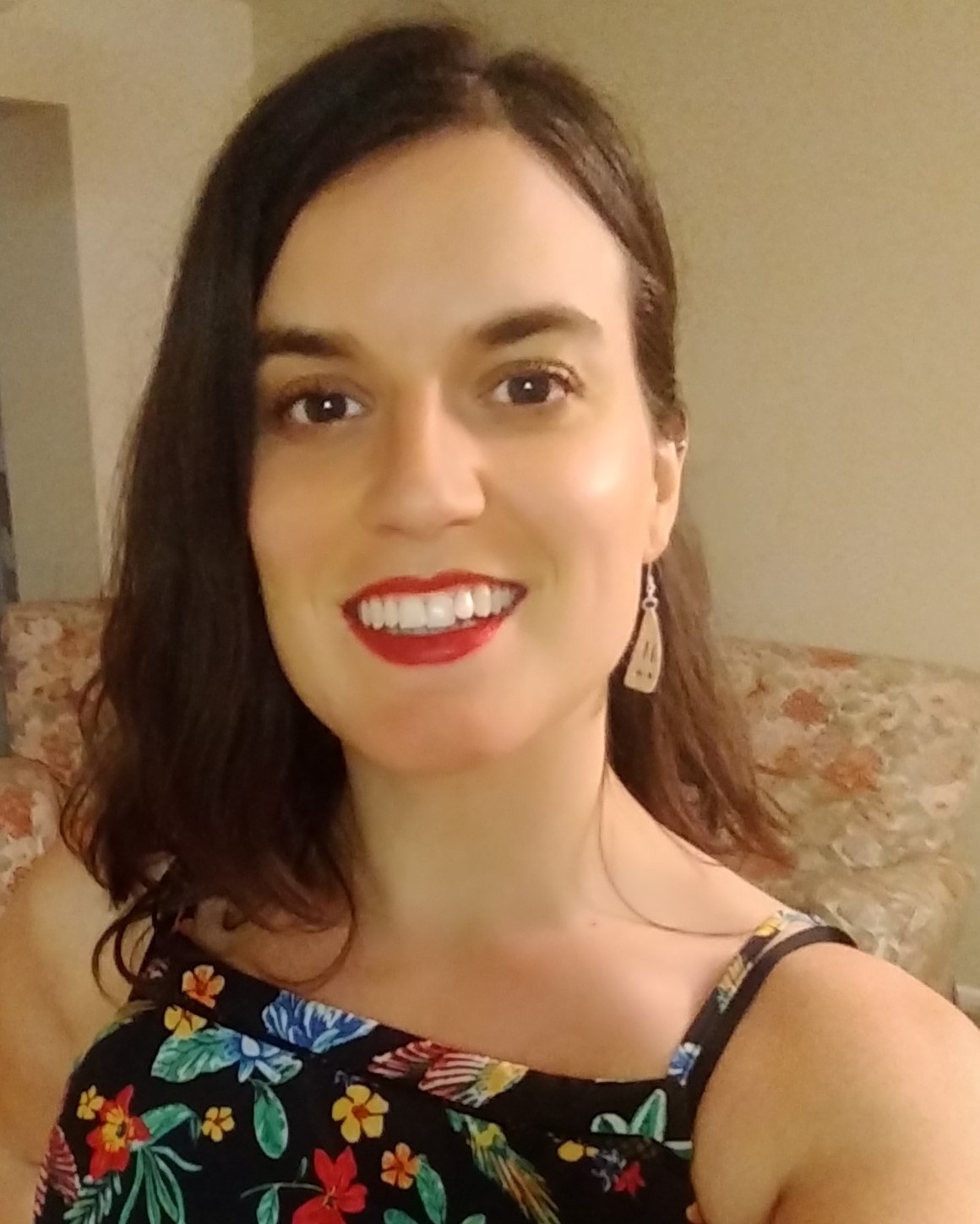
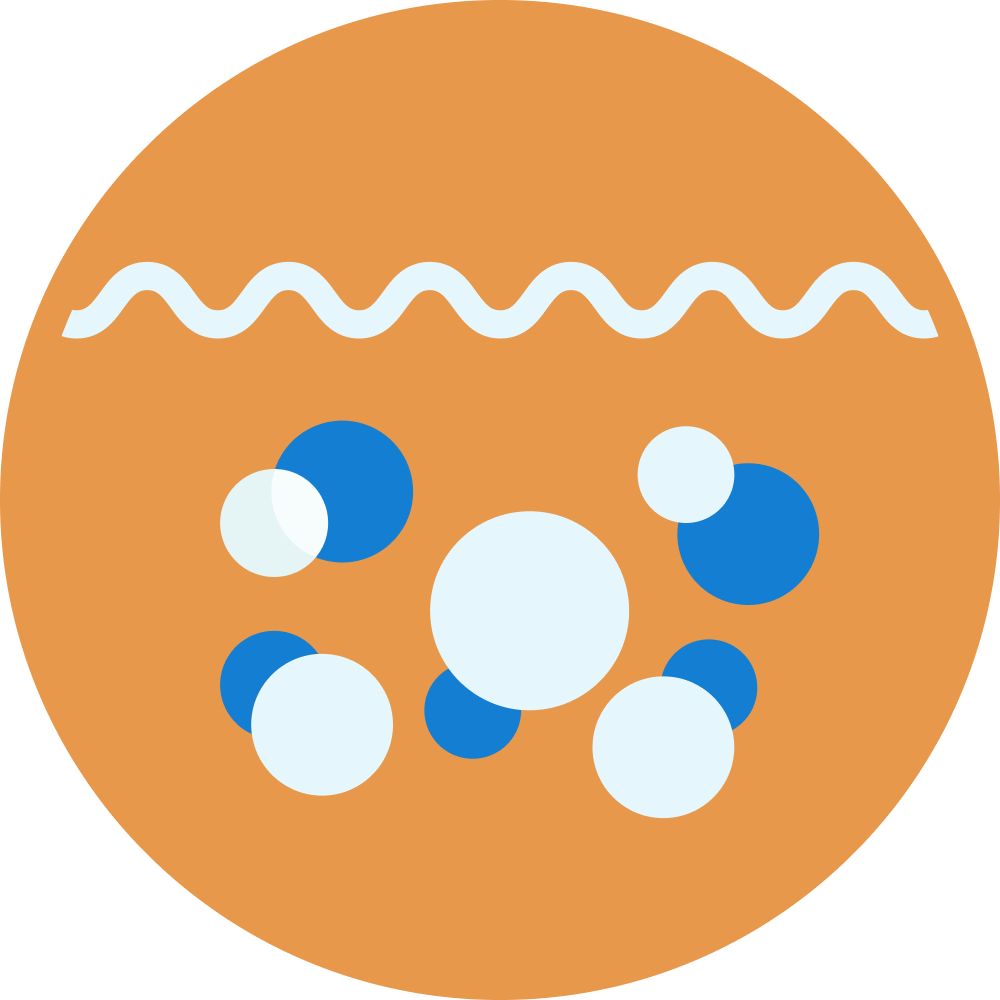
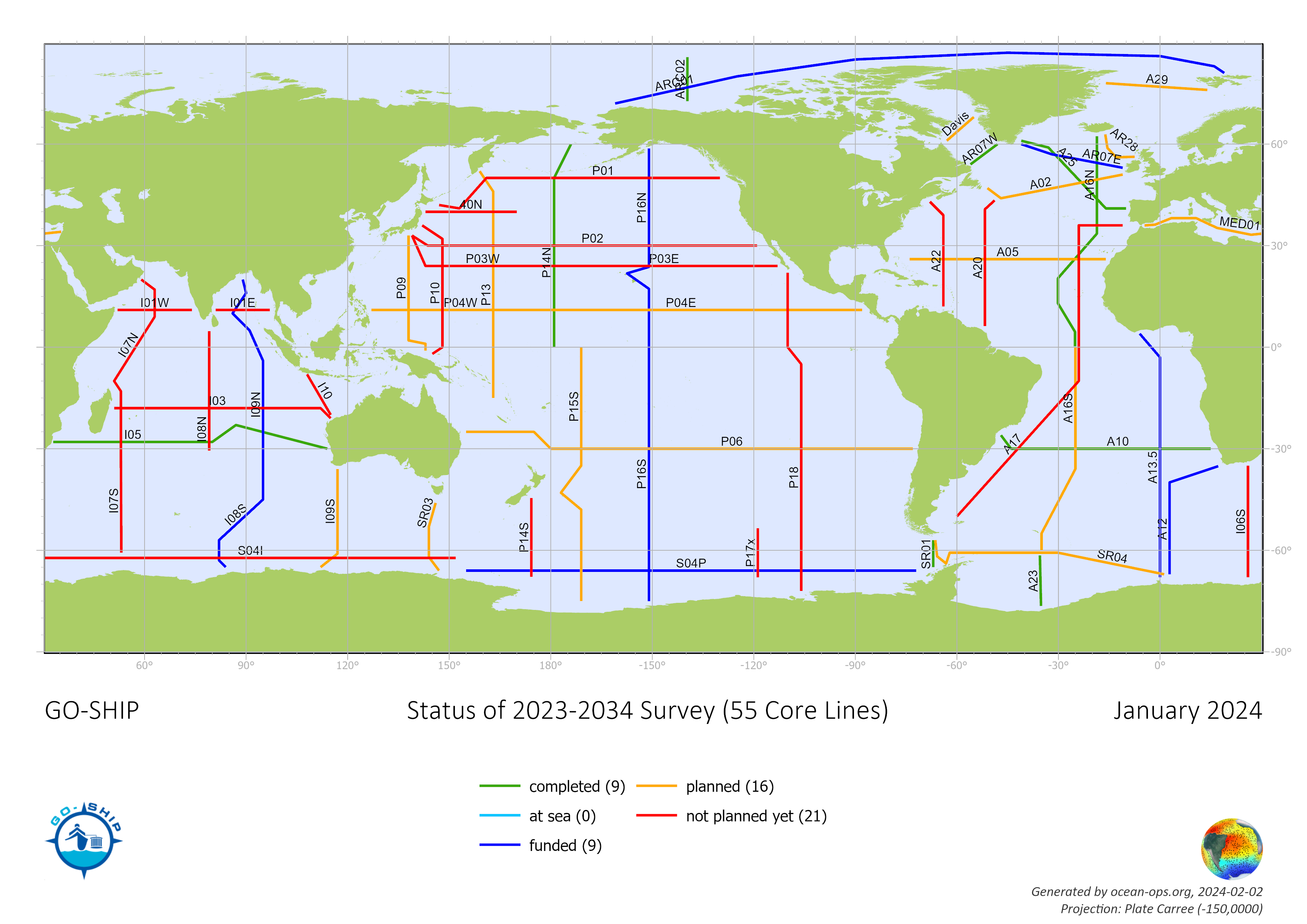
 Please wait...
Please wait...